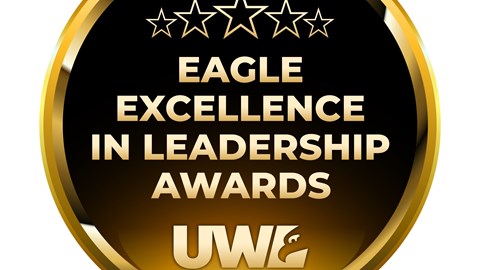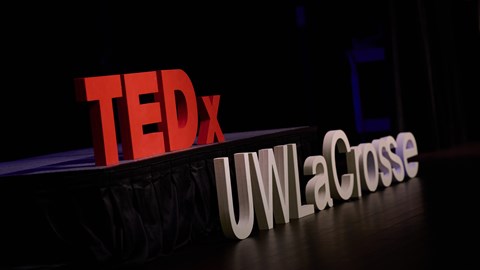Undergraduate programs
Communication Studies
Undergrad major Undergrad minorCommunication studies is the study of the process of human communication. The field is broad because communication can be both verbal or non-verbal, and it is critical in a variety of settings. Communication can be interpersonal, mediated and intercultural. It can happen in public or private contexts.
Areas of study
Interpersonal Communication Emphasis
Undergrad major Undergrad minor View a sample plan for Interpersonal Communication Catalogfor Interpersonal CommunicationMedia Studies Emphasis
Undergrad major Undergrad minor View a sample plan for Media Studies Catalogfor Media StudiesOrganizational & Professional Communication Emphasis
Undergrad major Undergrad minor View a sample plan for Organizational & Professional Communication Catalogfor Organizational & Professional CommunicationPublic Communication & Advocacy Emphasis
Undergrad major Undergrad minor View a sample plan for Public Communication & Advocacy Catalogfor Public Communication & AdvocacyDigital Media Studies & Design
Undergrad minorUWL’s Digital Media Studies and Design minor aims to help students learn practical skills in professional writing, graphic design, websites, social media and more to add to their resume. In addition to hands-on, relevant practice, students also gain an understanding of theory, history and trends to deepen their understanding of the material.
Students will take one foundational course in Art, English or Communication Studies. Students then have the flexibility to choose from a wide array of elective courses to polish skills in specific areas. From classes on public relations to graphic design to publishing in the digital age, students will enjoy course selection across three UWL departments: Art, English and Communication Studies.
Leadership Development
Undergrad minorManagement is not the same as leadership. Good managers create a harmonious, consistent experience for their followers. Managers keep the organization moving forward by working to maintain the status quo and create as few interruptions as possible.
Leaders, on the other hand, are looking ahead to see what the future may hold and how the organization can adapt to meet challenges five or more years into the future. Their goal is to lead through sometimes turbulent circumstances and prepare their establishment to succeed long-term.

















